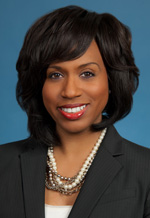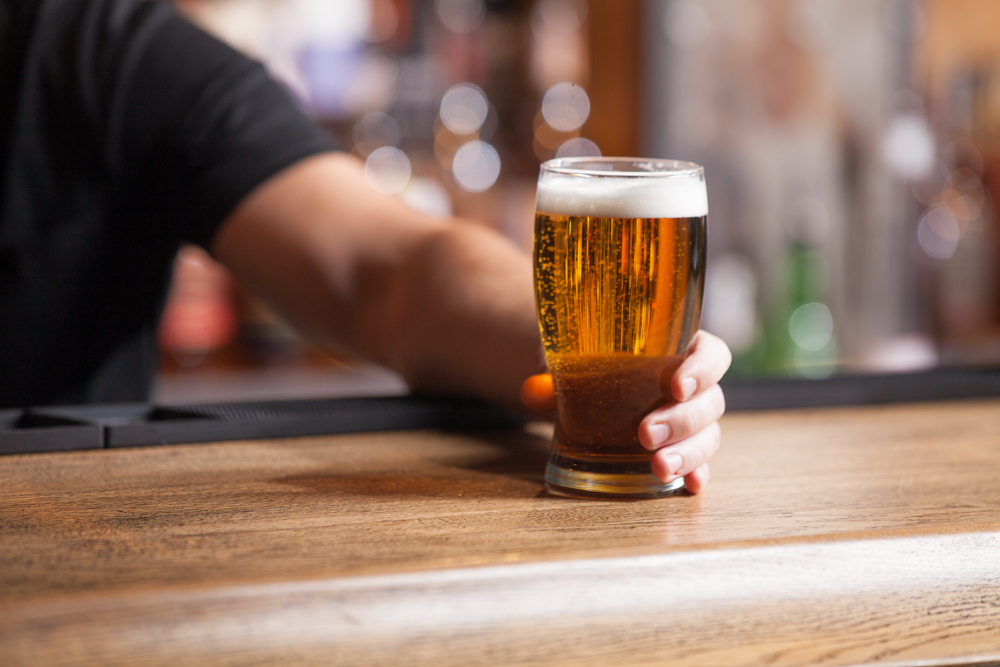On Wednesday night a Massachusetts joint committee agreed on a bill that has major implications on Boston’s bar and restaurant scene. The committee, comprised of three members of both the state House and Senate agreed on a bill that will vest local liquor license board powers with the Mayor of Boston and grant 75 new licenses to specific areas of the city.
A source close to the legislative process confirmed with BostInno that the additional licenses will only be allowed in the neighborhoods of Dorchester, Hyde Park, Jamaica Plain, Mattapan, Mission Hill and Roxbury as designated by the Boston Zoning Commission, or areas designated by the Boston Redevelopment Authority as Main Streets Districts.
Upon issuance of the licenses, they cannot be transferred to another neighborhood. If a new applicant were to try and obtain one of the issued licenses, it would have to be in the exact same area already established.
These stipulations are part of a larger economic development bill that, now having passed both the House and the Senate, will go before Governor Patrick to be signed into law.
Sitting on the committee were Senators Brewer, Candaras and Humason as well as Representatives Wagner, Ferrante and Williams Gifford.
The massive bill can be read in entirety right here.

Addressing concerns of constituent Representatives who were worried that previous attempts to bolster Boston’s liquor licenses would result in tourist-centric neighborhoods like the North End and Back Bay – which already comprise 20 percent of Boston’s current liquor licenses –the bill allows for the city’s outlying communities to get a share of the action. Just 12 of the city’s 1,044 liquor licenses are held by establishments located in Mattapan and Roxbury.
It’s important to note, too, that Boston is the only city to which these provisions apply. The rest of the Commonwealth will still adhere to state capping regulations the power of which lies with the governor.
The bill comes just before the formal legislative session which ends Thursday night.
More than simply trying to wrestle power away from Beacon Hill for the sake of doing so, Mayor Walsh has been abundantly clear that he wants to bring these neighborhoods more into the innovative fold. In order for that to happen, and for these neighborhoods to enjoy the kind of renaissance as exemplified in the Seaport’s Innovation District, a strong food service industry is key.
As Somerville Mayor Joseph Curtatone eloquently conveyed earlier this month, neighborhood change for the better starts with our stomachs. I know I can attest that stuffing my face and washing it down with a frosty beer or swanky cocktail is a more gratifying experience than gulping mere water.
It’s a simple cycle: booze and with delicious food bring people to restaurants; popular restaurants entice people to neighborhoods; a swelling population results in an aggregation of eager minds; eager minds produce innovation; and innovation is Boston’s lifeblood.
The essence of the liquor license aspect of the bill can be traced back to a home rule petition by Boston City Councilor Ayanna Pressley in March. The petition called for Main Streets Districts to be made a priority when it comes to doling out the licenses, as well as taking away the governor’s liquor board appointment power and bestowing it to the Mayor of Boston – pending confirmation by the City Council, of course.
Image via Shutterstock


